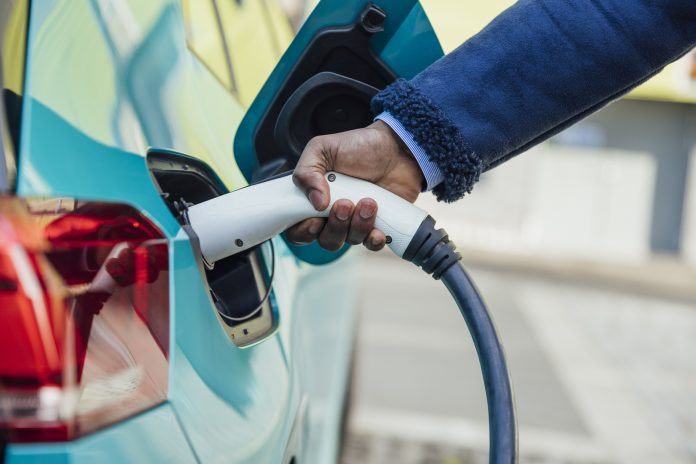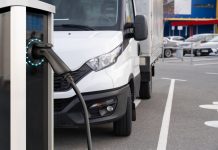Tom Rowlands, FLEETCOR’s Managing Director, Global EV Solutions, including UK brand Allstar, discusses the EV transition as part of the net zero strategy
We’ve seen reports that the UK government it is still on track to meet its international climate commitments under the Paris Agreement, even as some argue that it won’t and that more drastic policies would be needed to make the required carbon cuts, as part of the net zero strategy.
The Net Zero Strategy, a UK government strategy, lays out plans to lower climate-changing emissions and decarbonise all sectors of the UK economy, including transport, of which a key part is the realm of electric vehicles (EVs).
Although reducing a carbon footprint is a priority for many, the benefits of the EV transition for individuals, companies and authorities do not stop there. Such vehicles play a critical role in lowering some of the negative impacts of road transport on human health, the environment and climate. Even if CO2 emissions were no longer an issue, there are a myriad of compelling advantages to EVs that can unlock savings.
Dispelling EV manufacturing myths
For years, one common objection to the more widespread adoption of EVs has been that while they save CO2 on the road, the manufacture of the vehicle and its components releases more CO2 than they save. There is an element of truth – according to a Ricardo report for LowCVP on Lifecycle Emissions from Cars, a standard gasoline vehicle will cause 5.6 tonnes of CO2 emissions during its production, while a battery EV will cause 8.8.
However, the other side of the coin comes when we look at the total lifetime CO2 emissions per vehicle: a standard vehicle will emit 24 tonnes during its lifetime (which the study defines as travelling 150,000 kilometres), while an EV will emit 19 (predictably, hybrids are somewhere in the middle with 21). That gap could increase even further: Renewable power is making up an increasing percentage of the UK’s energy mix, so the amount of CO2 generated to produce power for EVs will gradually get cleaner.
That’s not to say that manufacturing EVs is without environmental impacts, as the creation of lithium batteries is extremely water-intensive and can cause toxic pollution in rivers. The batteries also break down over time and cannot be easily recycled. The hope is that this will change in the future.
The societal benefits of the EV transition
Despite having more CO2 per kilogram than petrol, diesel uses more air to burn, so diesel engines end up using less CO2 per kilometre overall. However, CO2 isn’t the only gas emitted by engines, and many are, in fact, more immediately harmful. Nitrogen dioxide, nitrous oxide and nitric oxide are all produced by diesel and petrol engines.
In contrast, a petrol engine’s catalytic convertor will reduce nitrogen pollution by around 30%; diesel vehicles can’t use this technology. This nitrogen pollution significantly increases the chance of respiratory disease and contributes to increased mortality.
Similarly, conventionally fuelled vehicles both produce particulate air pollution – tiny pieces of dust, soot and liquids in the air that can spread for miles around a vehicle. The larger particles can cause eye, nose and throat irritation, but the smaller particles can cause heart disease and cancer.
There are even fewer tangible benefits to the EV transition that impact society. According to a European Environmental Agency (EEA) study, ‘chronic exposure to environmental noise significantly affects physical and mental health and well-being’. Electric vehicles could be virtually silent, but legally they’re required to emit a sound with a minimum frequency of 56 decibels. A conventional vehicle produces around 62dB when driving at 30mph and 70dB or more over 50mph – a motorbike can be as loud as 166dB.
Noise has been steadily increasing over time, and noise pollution, as well as pollution in general, disproportionately affects those in urban and more built-up areas. If 68% of the world is living in urban areas, as the UN predicts, then these factors could be a serious aspect of global suffering.
The transition to electric
It goes without saying that working towards reducing CO2 emissions is still crucial, which is why so many governments globally, including the UK, continue to make the reduction of emissions a priority. It’s not the only reason to embrace EVs. Still, on top of those areas we’ve explored here, drivers, companies and authorities would do well to make the EV transition sooner rather than later.











